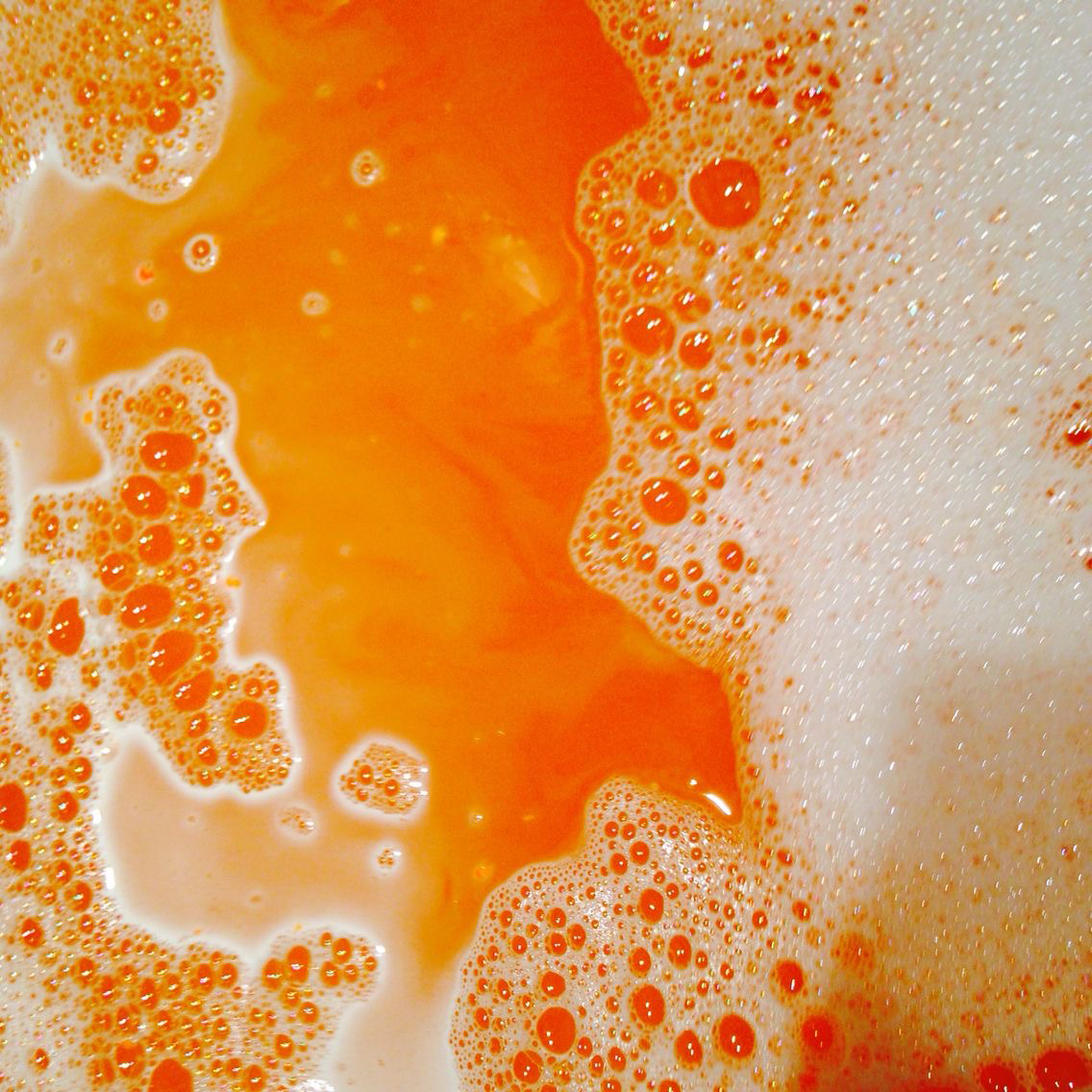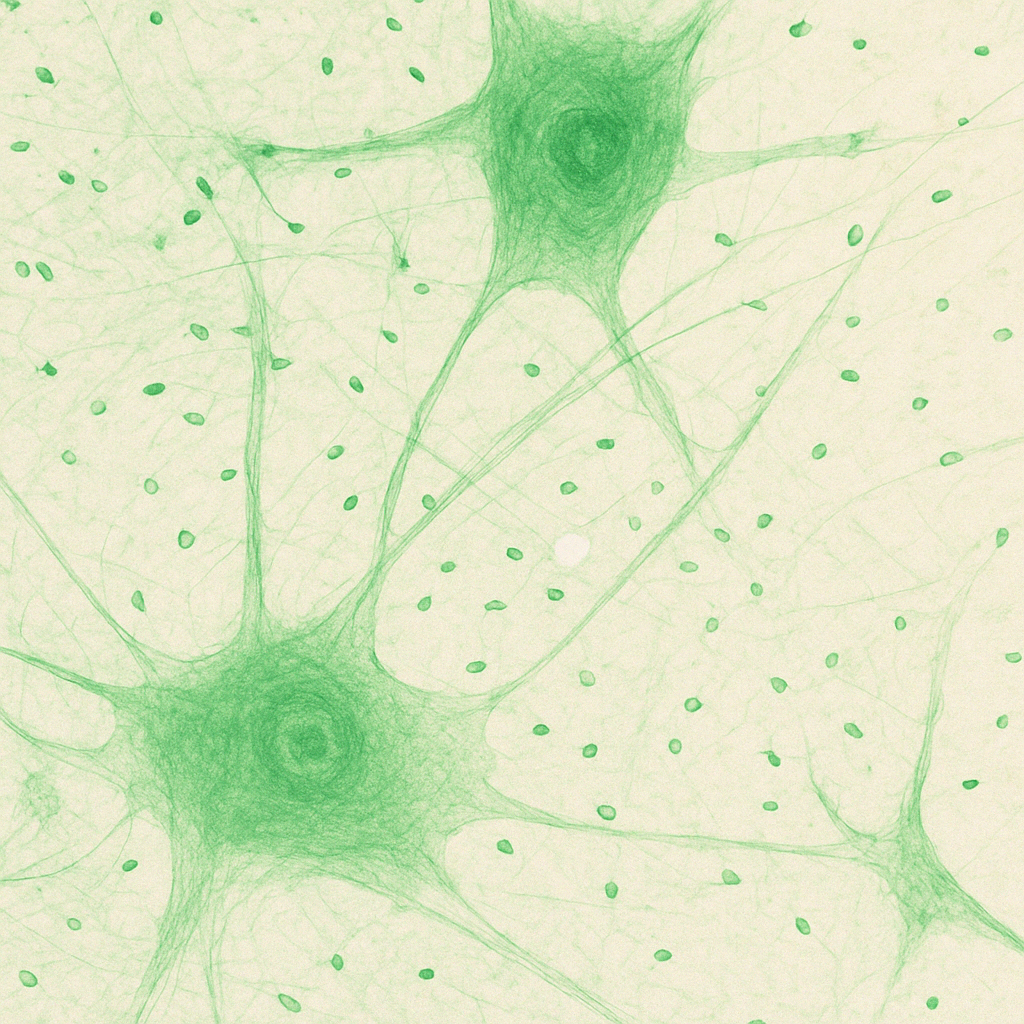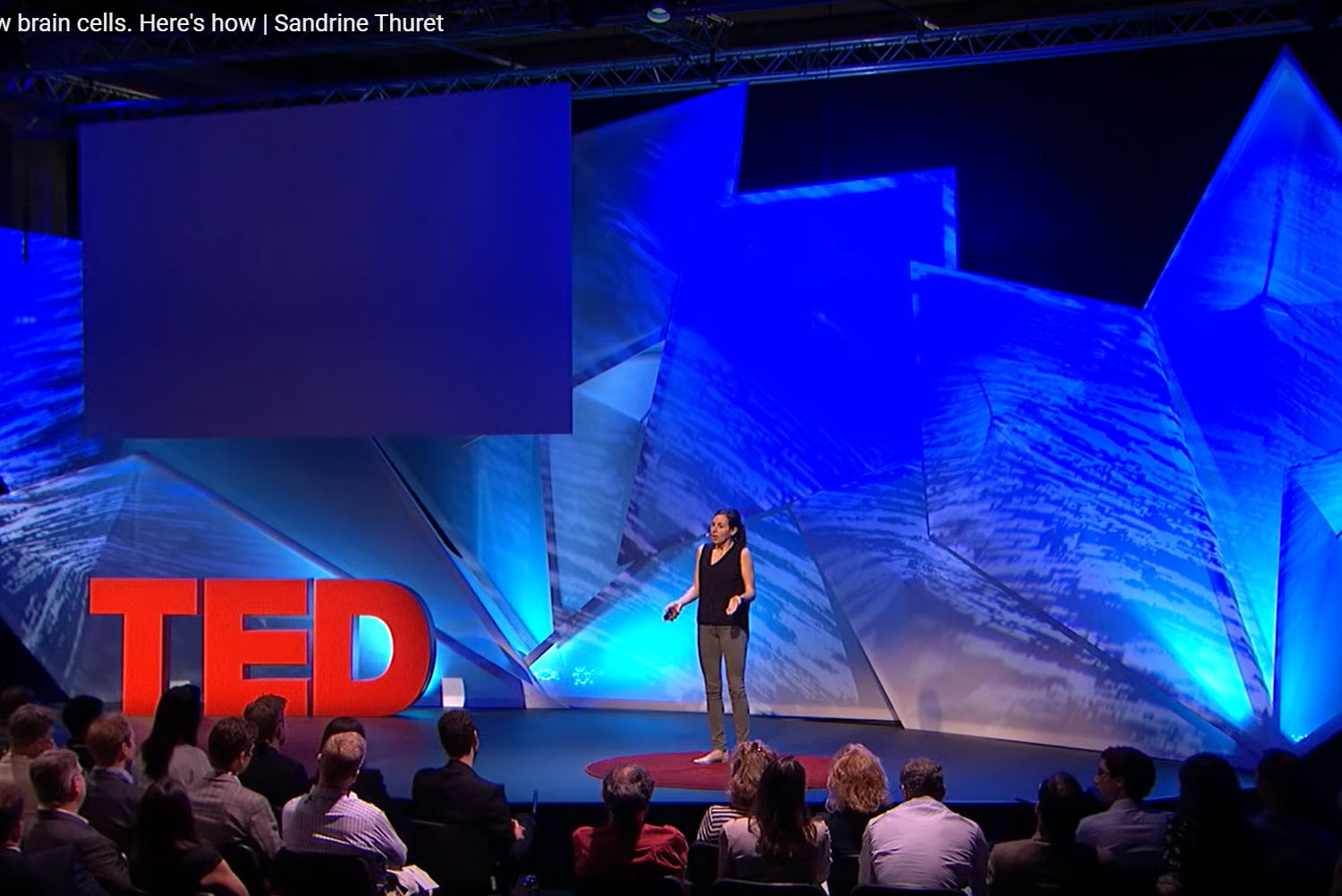Vitamins, Nutrients, and Foods that promote Neurogenesis
Another line of research on diet and neurogenesis has investigated the effect of dietary nutrients on the birth of new neurons. Several antioxidants, such as flavonoids, vitamin E, and curcumin, increase neurogenesis in rodent brains.
Flavonoids, found in cocoa and blueberries, are chemicals that increase neurogenesis in the hippocampus of stressed rats, possibly by increasing levels of BDNF (Stangl and Thuret, 2009), and/or by improving blood flow to the brain, which can increase hippocampal neurogenesis (Spencer, 2009). Vitamin E, abundant in vegetable oils, nuts, and green leafy vegetables, aids neurological performance in aging mice (Gómez-Pinilla, 2008). Curcumin, found in yellow curry spice, may increase neurogenesis in the hippocampus of rodents by activating certain cell signaling pathways known to increase neurogenesis and decrease stress responses (Stangl and Thuret, 2009).
Another antioxidant, found in green tea, goes one step further than the others. The chemical (-)-epigallocatechin-3-gallate (called EGCG) promotes neurogenesis in the hippocampus (Yoo et al., 2010), and has been shown to reduce the damage from oxidative stress in other neurodegenerative diseases (Ehrnhoefer et al., 2006). When flies with a form of HD were treated with EGCG, their control over their movements improved (Ehrnhoefer et al., 2006). EGCG might also directly fight the damage of HD, as it has been shown to slow the rate at which the mutant form of the huntingtin protein forms the plaques that are thought to hurt the brain (Ehrnhoefer et al., 2006).
In addition to antioxidants, other nutrients have also been shown to play a role in neurogenesis. Omega-3 fatty acids, present in fish and flaxseed, might also promote neurogenesis, and have been shown to decrease cognitive decline seen with aging and neurodegenerative diseases such as Alzheimer’s (Yurko-Mauro et al, 2010).
Deficits in zinc can also inhibit neurogenesis in the hippocampus of rodents. Zinc, a vitamin essential for normal brain development, promotes the survival and proliferation of neural stem cells, which are the main cell type capable of generating neurons (Adamo and Oteiza, 2010). Therefore, zinc deficiency inhibits neurogenesis in the hippocampus of rodents.
Altogether, research on diet and neurogenesis is not conclusive. It is difficult to study nutrients effectively: studying a nutrient in isolation ignores many of the complex interactions the nutrient may have in the body. However, there are a few relatively consistent messages that emerge. A vitamin-rich, low-fat diet aids neurogenesis in experiments with rodents, and a low-calorie diet mitigates the effects of neurogenerative disease in mice. As for humans, this diet has not been shown to directly help neurogenesis or ameliorate the problems of HD (Huntington Study group, 2008; Block et al., 2011), but healthy diets have a vast number of other physical and mental benefits: longer life, elevated mood, and higher energy levels, to name a few. In conclusion, eating healthy might promote neurogenesis – but even if it does not, a healthy diet certainly will not hurt.







Leave a comment
This site is protected by hCaptcha and the hCaptcha Privacy Policy and Terms of Service apply.